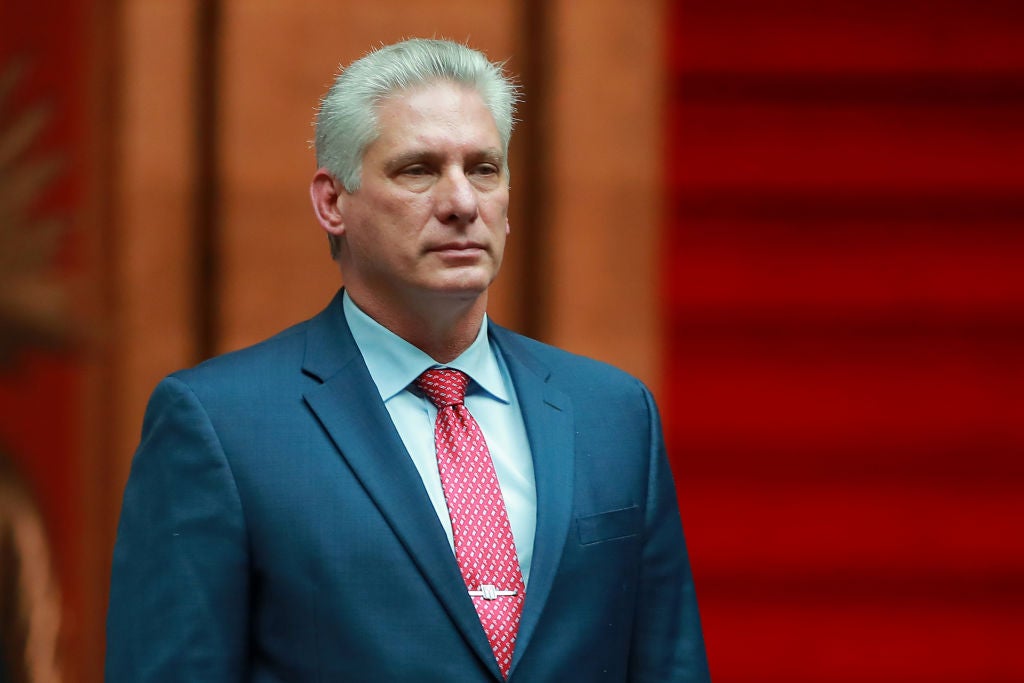Can Cuba’s new leader bridge the gap between revolutionaries and an aspirational population?
Cuba’s economy has shrunk by 11 per cent, there’s a currency shortage and long queues for food – Miguel Diaz-Canel’s job is to provide fundamental reform, writes David Harding


Something truly historical happened in the past few days, though you would be forgiven for missing it in the noisy global debate over whether or not Spurs are an elite football team.
For the first time in 62 years, a non-Castro rules Cuba – it’s a genuine headline event.
On Monday, Miguel Diaz-Canel became the first secretary of the Communist Party, the most powerful position in Cuba, succeeding Fidel and Raul Castro, who between them had held onto the country’s top job since the revolution way back in 1959.
Diaz-Canel takes over from Raul Castro, who has stepped down aged almost 90. Raul succeeded his brother Fidel 10 years ago.
Despite the romanticised image of the Cuban revolution, the new leader looks less like a cigar-chomping radical and more like a party functionary, the kind of politician whose picture would go unnoticed in a thousand politburo photographs, which is pretty much what he is.
He trained as an engineer then started working for the Communist Party almost 30 years ago. As any good functionary would, Diaz-Canel has worked his way through – and up – the party. He apparently likes “classic rock” and at 60 years old is a youngster compared to the man he replaces.
This is a good thing. Although he was born a year after the momentous events of 1959, Diaz-Canel represents a bridge between the old guard of Cuban revolutionaries and a growing young and aspirational population, for which it is something just read about from history books.
Like any modern Cuban leader, Diaz-Canel has to contend with the crippling US embargo and a weak economy that is faltering further because of Covid.
Cuba’s economy has shrunk by 11 per cent, according to the Havana government, during the pandemic and a lack of tourists is going to make it harder for the country to get much-needed foreign currency.
Essential goods are scarce and long queues have appeared in Cuba for food basics. Change is urgently needed.
Although Cuba’s current leaders are forged from revolutionaries, they have proved themselves largely resistant to change. Diaz-Canel’s job is to provide fundamental reform and demonstrate that he is not merely a change of name.
Yours,
David Harding
International editor
Join our commenting forum
Join thought-provoking conversations, follow other Independent readers and see their replies
Comments